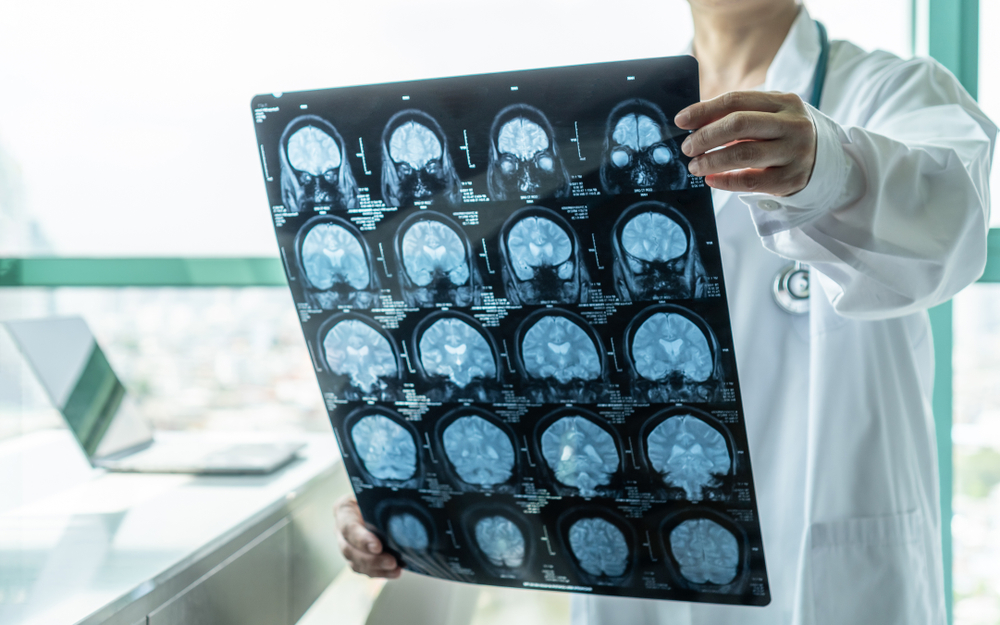
Testosterone Replacement Therapy (TRT) and Neurodegenerative Diseases
Investigating the Potential Role of Testosterone in Protecting Against or Slowing the Progression of Diseases like Alzheimer’s and Parkinson’s
Neurodegenerative diseases, such as Alzheimer’s and Parkinson’s, are debilitating conditions that significantly impact the health and quality of life of affected individuals. These diseases, characterized by the progressive degeneration of nerve cells, often result in cognitive decline, motor impairments, and ultimately, a loss of independence. In recent years, there has been growing interest in exploring potential treatments for these conditions, and one avenue of research that has garnered attention is Testosterone Replacement Therapy (TRT). TRT has traditionally been used to address testosterone deficiency in men, but could it hold promise in the realm of neurodegenerative disease treatment? In this article, we delve into the complex relationship between testosterone and neurodegenerative diseases, examining whether testosterone might play a role in protecting against or slowing the progression of diseases like Alzheimer’s and Parkinson’s.
Understanding Neurodegenerative Diseases
Neurodegenerative diseases encompass a group of disorders characterized by the progressive degeneration of nerve cells in the brain and/or spinal cord. Alzheimer’s disease, the most common neurodegenerative disorder, primarily affects memory and cognitive function, while Parkinson’s disease primarily impairs motor control. The pathophysiology of these diseases involves the accumulation of abnormal proteins in the brain, leading to cell death and the subsequent loss of function.
Current therapeutic approaches for neurodegenerative diseases are primarily symptomatic and focus on alleviating symptoms rather than addressing the underlying causes. Medications for Alzheimer’s, such as cholinesterase inhibitors and NMDA receptor antagonists, aim to improve cognitive function temporarily, while Parkinson’s disease is managed with drugs that increase dopamine levels. However, these treatments have limitations, and there is currently no cure for either disease.
Role of Testosterone in the Human Body
Testosterone is a sex hormone primarily produced in the testes of men and, to a lesser extent, in the ovaries of women and the adrenal glands of both sexes. While it is often associated with sexual development and masculinity, testosterone plays a crucial role in various aspects of health. It influences bone density, muscle mass, fat distribution, and the production of red blood cells. Moreover, it impacts mood, cognitive function, and overall well-being.
Testosterone deficiency, also known as hypogonadism, can result from various factors, including aging, medical conditions, or medications. The principle of Testosterone Replacement Therapy (TRT) is to restore testosterone levels in individuals with deficiency to within a normal range. TRT is commonly used to treat hypogonadism and has shown success in improving various aspects of health and quality of life in affected individuals.
TRT and Neurodegenerative Diseases: The Connection
Recent research has explored the potential link between testosterone levels and the development or progression of neurodegenerative diseases. Several studies have suggested that lower testosterone levels may be associated with a higher risk of developing Alzheimer’s and Parkinson’s disease. While the exact mechanisms underlying this association are not fully understood, researchers hypothesize that testosterone may have neuroprotective effects, potentially slowing the degeneration of nerve cells.
Evidence from Recent Studies
Numerous recent studies and clinical trials have sought to investigate the impact of TRT on neurodegenerative diseases. Some studies have reported promising findings, indicating that TRT may have a positive effect on cognitive function and motor symptoms in individuals with Alzheimer’s or Parkinson’s disease. However, the results are mixed, and not all studies have demonstrated significant benefits.
One study, published in the Journal of Alzheimer’s Disease, found that TRT improved cognitive performance in men with Alzheimer’s disease and low testosterone levels. Another study, published in the journal Neurology, reported that TRT led to improvements in motor function and quality of life in men with Parkinson’s disease and low testosterone. However, it is important to note that these studies are relatively small in scale, and larger, long-term studies are needed to confirm these findings.
Challenges and Considerations
Despite the potential promise of TRT in neurodegenerative disease treatment, there are significant challenges and considerations to address. Firstly, the use of TRT may come with side effects, including cardiovascular risks, mood disturbances, and potential prostate issues. Balancing the potential benefits with the risks is a critical aspect of decision-making in using TRT for neurodegenerative diseases.
Ethical concerns also arise, particularly in the context of administering TRT to individuals without testosterone deficiency solely for its potential neuroprotective effects. Additionally, determining the optimal dosage and duration of TRT for neurodegenerative disease treatment remains a subject of ongoing research.
The Future of TRT in Neurodegenerative Disease Treatment
Looking ahead, the future of TRT in neurodegenerative disease treatment holds promise but requires careful consideration. Potential future directions in research include conducting large-scale clinical trials to establish the efficacy and safety of TRT in treating Alzheimer’s and Parkinson’s disease. Furthermore, researchers are exploring innovative approaches such as targeted drug delivery to the brain to enhance the neuroprotective effects of testosterone.
Emerging technologies, such as advanced imaging techniques and biomarker discovery, may also play a crucial role in identifying individuals who are most likely to benefit from TRT. Personalized treatment approaches could help maximize the therapeutic potential of TRT while minimizing risks.
Conclusion
In conclusion, the investigation of Testosterone Replacement Therapy (TRT) as a potential treatment for neurodegenerative diseases like Alzheimer’s and Parkinson’s is an exciting area of research. While there is evidence suggesting a link between testosterone levels and the progression of these diseases, more extensive and rigorous studies are needed to establish the true efficacy and safety of TRT in this context. As we move forward, it is essential to balance optimism with caution, considering the challenges, ethical considerations, and the need for ongoing research to unlock the full potential of TRT in the fight against neurodegenerative diseases. For more information on TRT, the potential benefits and how to get started, contact Vitality Aesthetic & Regenerative Medicine today.

